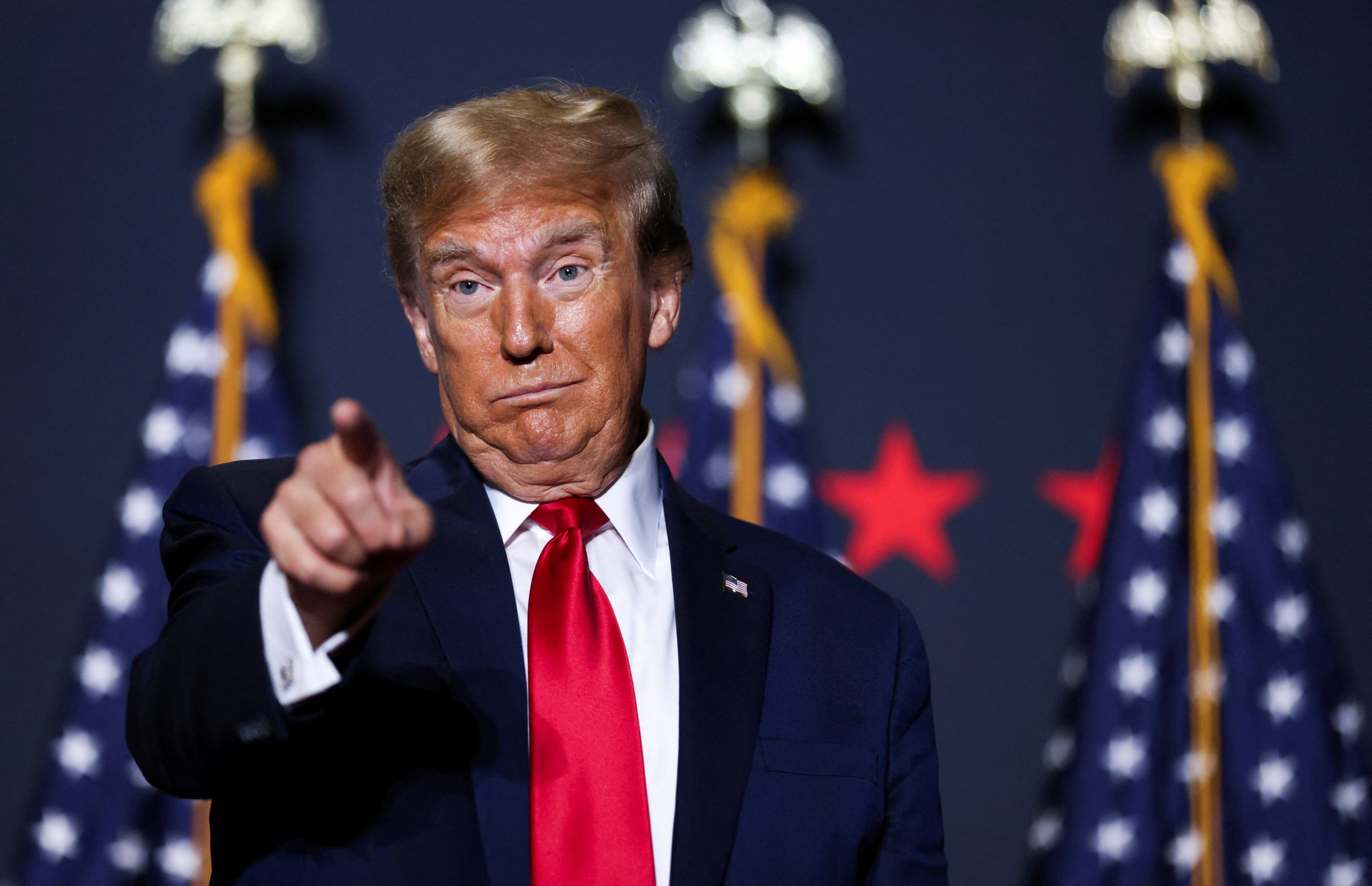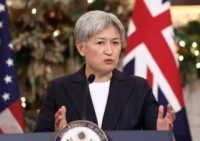President Donald Trump has doubled down on his administration’s aggressive trade policy, declaring that he has no plans to grant exemptions on the recently imposed steel and aluminum tariffs. Speaking to reporters aboard Air Force One, Trump emphasized that starting April 2, the United States will roll out reciprocal and sectoral tariffs targeting a range of goods, including automobiles, in a bid to level the playing field for American industries.
Last month, Trump raised tariffs on all steel and aluminum imports to a uniform 25%, eliminating previous exemptions and exceptions that had been in place for certain trading partners. The move, which took effect in early February, was framed as a critical step to bolster U.S. manufacturing amid a growing trade war that has rattled global markets. The decision reversed earlier arrangements from his first term, where countries like Canada, Mexico, and the European Union enjoyed duty-free quotas, and marked a sharp escalation in his protectionist agenda.
Trump elaborated on his broader tariff strategy, stating that reciprocal duties—matching the rates imposed by other countries on U.S. goods—will be paired with sector-specific measures. “In certain cases, both,” he said when pressed on whether the April 2 tariffs would be sectoral, reciprocal, or a combination. “They charge us, and we charge them. Then, in addition to that, on autos, on steel, on aluminum, we’re going to have some additional.” This approach builds on his long-standing promise to mirror the tariff rates of trading partners, a policy he has touted as a means to ensure fairness for American workers and businesses.
The steel and aluminum tariffs, already in effect without carve-outs, have sparked swift retaliation from key allies. The European Union has announced countermeasures targeting $28 billion in U.S. exports starting in April, while Canada has signaled plans for nearly $21 billion in retaliatory duties. Despite the backlash, Trump remains undeterred, arguing that the measures will drive manufacturing back to U.S. shores and protect national security by reducing reliance on foreign metals.
Trump’s comments hint at an expansive trade offensive set to unfold in the coming weeks, with the auto sector—a linchpin of global commerce—explicitly in his crosshairs. During his first term, he imposed 25% steel and 10% aluminum tariffs under Section 232 of the Trade Expansion Act, citing national security concerns, though exemptions softened their impact. This time, he’s signaled a harder line, with no exceptions and additional duties looming, potentially encompassing pharmaceuticals and semiconductors as well.
The president’s unwavering stance has fueled both domestic support and international tension. U.S. steel and aluminum producers have welcomed the tariffs, with industry leaders arguing they address long-standing issues of foreign dumping and market distortion. Critics, however, warn of rising costs for consumers and downstream industries, as well as the risk of a full-blown global trade war. As April 2 approaches, Trump’s tariff plans promise to reshape America’s economic relationships, for better or worse, with no sign of retreat from his “America First” vision.












Do you think Trumps trade measures will benefit the US economy or harm international relations? Lets discuss!
Why is Trump so fixated on tariffs? Is he really helping or hurting the economy? Lets discuss! 🤔📈 #TradeWars #EconChat
Do you think Trumps tariffs will really benefit the economy or just stir up trouble? Lets discuss!
I wonder if these tariffs will really benefit the US economy in the long run or just create more tension with other countries.